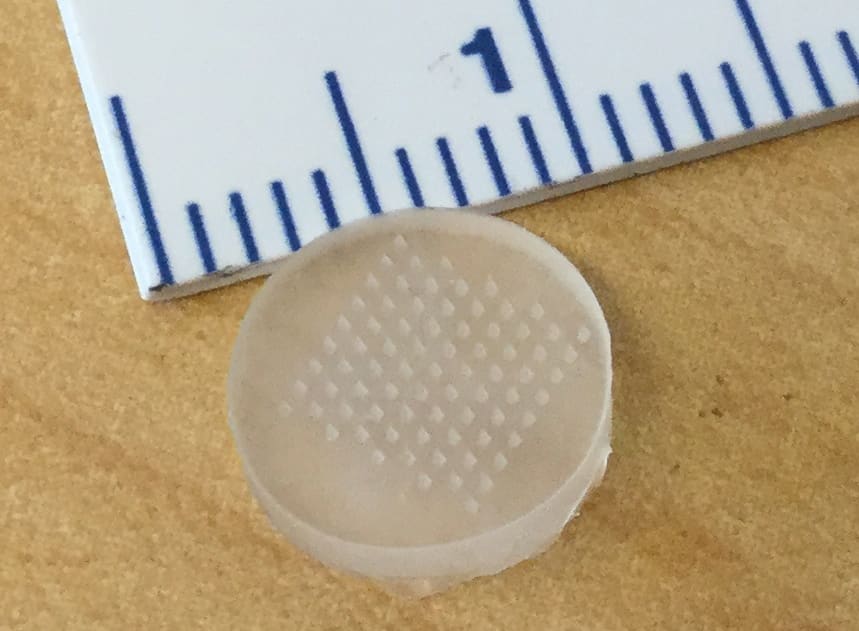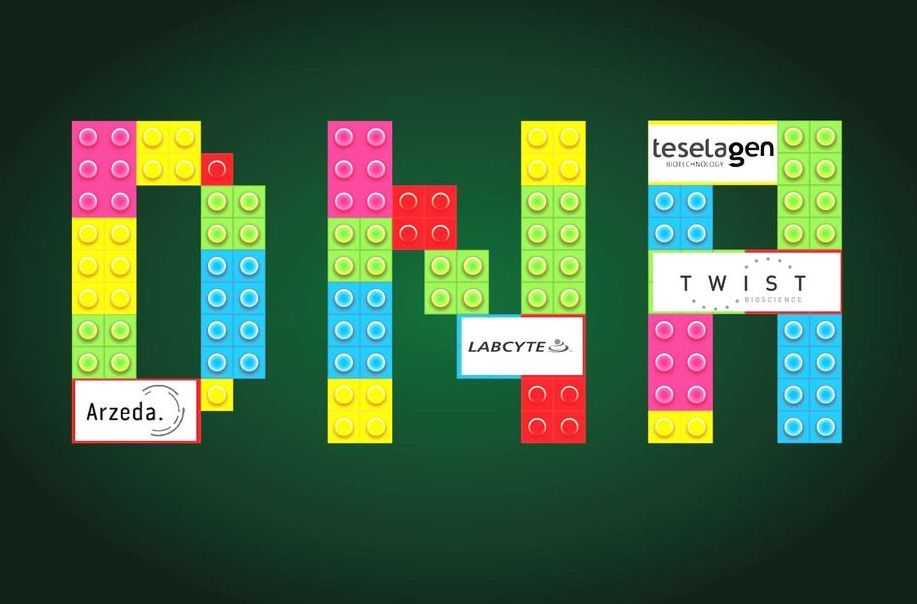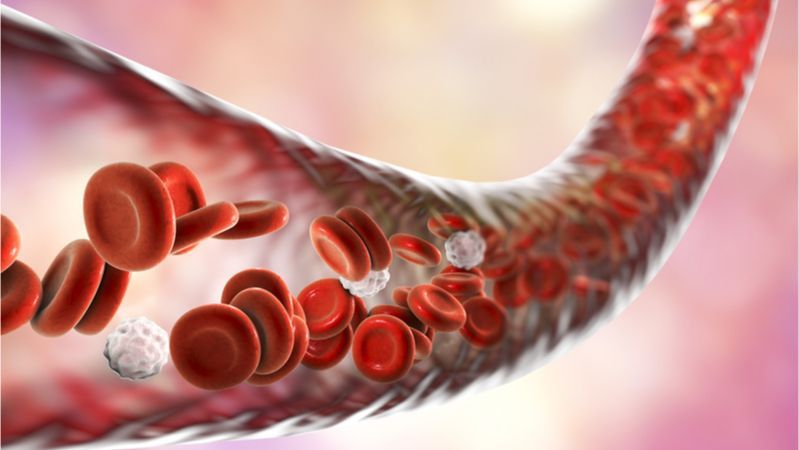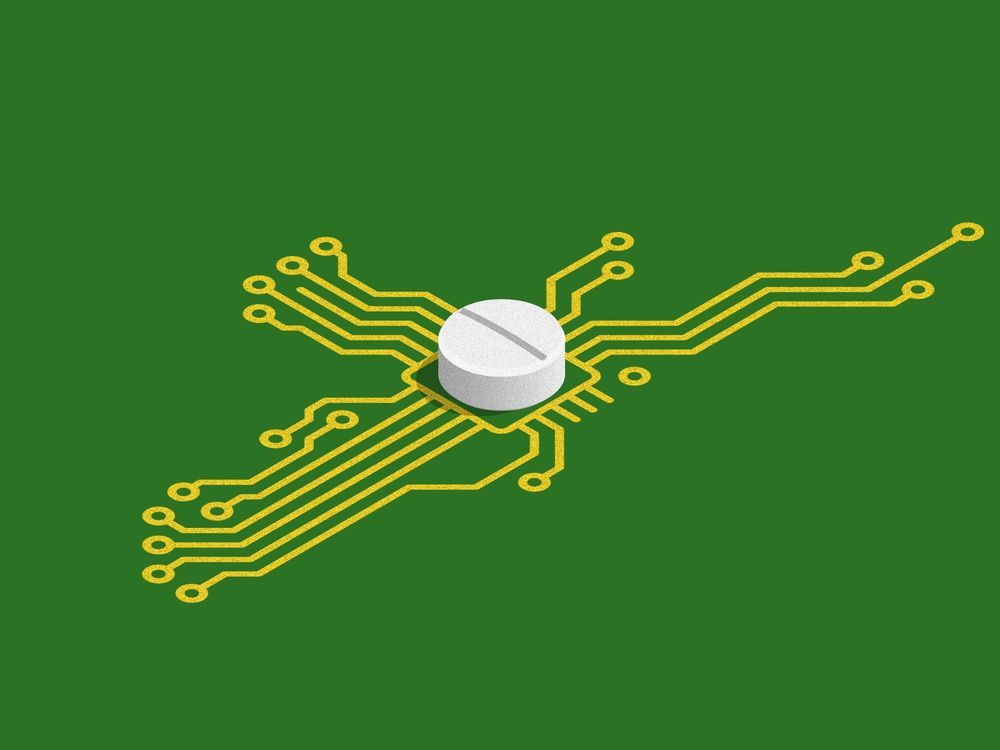Suffering from a corneal disease where her left eye was turning blind, the woman can now see well, say the Osaka University team who carried out the surgery.
Category: biotech/medical – Page 2,652

MIT scientists say new skin patch to deliver cancer medication in 60 seconds shows promise in mice
Researchers from Massachusetts Institute of Technology (MIT) developing new method to deliver #cancer medication.
An experimental patch designed to deliver cancer medications through the skin showed promise in mice and human skin samples, according to new research presented Sunday at the American Chemical Society conference in California, San Diego.
Researchers at the Massachusetts Institute of Technology developed the patch to fight melanoma, a deadly but highly treatable form of skin cancer. The patch is less than a centimeter long and coated with a sticky film, which allows it to be applied and removed from the skin in a minute.
The researchers used the device to deliver an antigen in healthy mice and then compared the immune response to treatment methods often used to vaccinate against the flu and measles. The researchers said the patch elicited “a robust antibody response” and “show promise in eliciting a strong immune response in human skin.”

Previously Unknown Protective Role Uncovered for Telomerase in Somatic Cell Aging
Results from the new study, reported in the Proceedings of the National Academy of Sciences (PNAS) have shown that telomerase is reactivated in normal adult cells at the latter stage of cell aging, and this activity reduces the potential for DNA damage that could lead cells to become cancerous. “This study reshapes the current understanding of telomerase’s function in normal cells,” said Kan Cao, PhD, an associate professor of cell biology and molecular genetics at UMD, who is senior author of the study. “Our work shows, for the first time, that there is a role for telomerase in adult cells beyond promoting tumor formation.
University of Maryland-led team found that telomerase, which immortalizes cancer cells, also prevents tumors and slows a key stage in normal cell death.

Synthetic biology’s Lego kit: Brought to you
The human body is an incredible machine. It is impossible to determine which is the essential body part for sustaining life — because there is no single indispensable part. If your heart stops beating, you will die. If your lungs stop working, your brain — and thus all of your cells — will eventually die. Without a stomach or intestines you cannot acquire nutrients and you will die. All parts are critical for optimal function, for sustaining life.
Synthetic biology as a field is no different. There are those that supply DNA — arguably the critical building block for every single synthetic biology application. There are those that automate and scale components of the design-build-test cycle to enable innovation to effect change in meaningful timelines. But when all of those parts come together with a single goal, the power of synthetic biology reaches new levels.
Such potential is exactly what Arzeda — through a collaboration with TeselaGen, Twist Bioscience, and Labcyte — has brought to us. Each company, a giant in its own right, provides an essential, needed component to an elegant, efficient workflow that can best be described as a “DNA assembly line” for more rapid, efficient protein design and production. The companies’ products work seamlessly: Twist produces the DNA fragments needed to make protein-expressing plasmids, Labcyte’s acoustic liquid handler (the Echo 525) facilitates rapid DNA assembly, and TeselaGen’s DNA assembly design and laboratory automation software connects the two, designing plasmids and ordering the necessary sequences from Twist while generating worklists for the Echo to execute.
New Blood Test Could Predict Your Life Expectancy
New blood test could predict your risk of early death!

Brain, Liver and Muscle Rejuvenated
Age-related changes to the signals sent and received by our cells travelling via the bloodstream are one of the hallmarks of aging. A team of researchers, including Drs. Irina and Michael Conboy, has published the results of a new study suggesting that rejuvenation might be achieved by the calibration of these signals found in the blood [1].
The search for rejuvenation
The Conboys had done earlier research in joining of the circulatory systems between young and old animals, a process known as parabiosis, and they showed that tissue aging was not a one-way street and could be rapidly reversed in a matter of weeks, given access to the beneficial signaling from the younger animal [2].

A Molecule Designed By AI Exhibits ‘Druglike’ Qualities
Why the rush? It now costs $2.6 billion, by one estimate, to get a new drug to market, and pipelines are only getting slower and more expensive. There’s hope—and hype—that AI could help chip away at that figure by reducing the time and labor before a drug starts clinical trials. The idea is that the same techniques used to generate realistic deepfakes and deftly play Go might be able to decipher the complex rules of drug design and generate molecules from scratch.
Insilico Medicine is among several startups trying to harness artificial intelligence to speed to development of drugs.
